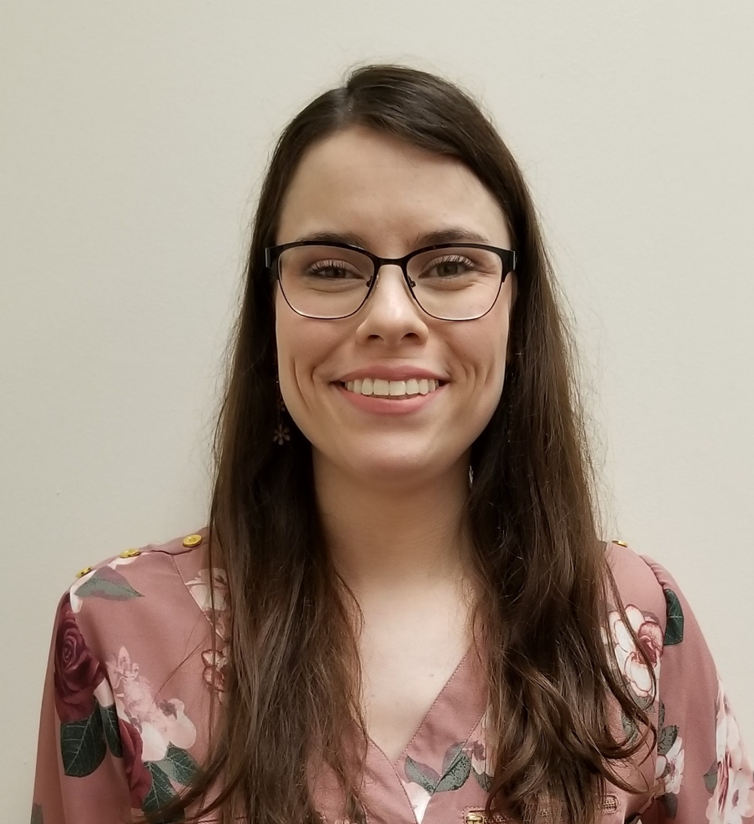Every year, the Hogg Foundation gives the Frances Fowler Wallace Memorial Award for Mental Health Dissertation Research to eligible doctoral candidates at institutions of higher education in Texas. Awardees receive a scholarship to help cover research-related expenses.
One of our 2019 recipients, Alexis Blessing, a psychology doctoral student at the University of Texas at San Antonio, is studying the utilization of self-compassion to combat the public stigma of military veterans with post-traumatic stress disorder (PTSD). Blessing believes that self-compassion may buffer the negative responses to stigmatizing media accounts of violent acts by veterans with PTSD.
We recently talked with Blessing about her research:
Your project is about the inclusion of self-compassion training into interventions aimed at reducing the public stigma of veterans with PTSD. What led you to take a professional interest in this topic, and what questions are you trying to answer with this research?
As a graduate research assistant, I had the opportunity to work with student veterans seeking treatment for PTSD, where I would interview them on their experiences with treatment. Their personal battles with PTSD and recovery inspired me to investigate factors that can reduce the negative emotions and thoughts people have towards veterans with PTSD, so that there might be one less barrier for veterans who may need help. I want to find out whether increasing self-compassion, which is associated with empathy and prosocial behaviors, reduces self-reported stigma towards veterans with PTSD.
How do you think your research methods and approach will help you answer the questions you’re posing?
I am utilizing an experimental design with randomization, as well as a previously validated exercise to manipulate self-compassion. I am also controlling for key factors associated with self-reported mental health stigma, so I can determine whether lower levels of stigma towards veterans with PTSD are a result of undergoing the self-compassion exercise.
What, from your perspective, is the biggest area of need — or the greatest opportunity — related to this topic? In other words, how could we really move the needle on this front?
Researchers need to investigate the public’s views of PTSD in order for mental health promotion programs to more directly combat stigma and encourage treatment seeking. While there is research that examines stigma of specific mental health diagnoses, such as depression, anxiety, and schizophrenia, there is little for PTSD. My study attempts to shed some light on the attitudes specifically exhibited towards veterans with PTSD; however, much more work is needed.
Can you suggest a few readings/resources for those who are interested in learning more about this topic?
- To learn more on self-compassion
- To learn more about how PTSD affects military veterans and civilians
- To learn more about mental health stigma and how it affects treatment seeking

